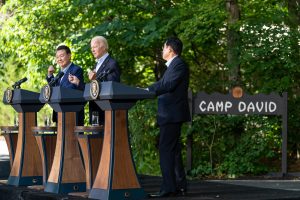








The global EV market is growing, but tariffs and trade tensions between China, the EU, and the U.S. threaten this momentum.

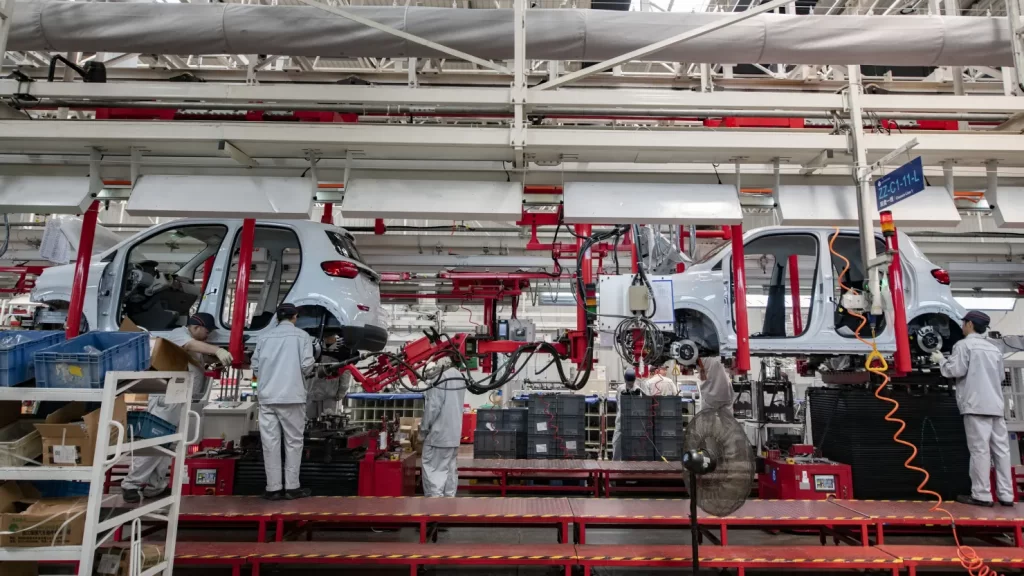
Welcome back to China Brief, where we take a look at the latest developments in global markets and international relations. In today’s briefing, we explore the rapidly growing electric vehicle (EV) market and the rising tensions surrounding it. With EV sales increasing worldwide, driven by efforts to combat global warming, the market is booming, particularly in China, which leads in sales and government support for EVs
In an effort to address global warming, there has been a growing interest in electric vehicles (EVs). Around the world, EV sales have been rising. Despite challenges associated with EVs, such as a limited driving range, concerns about the accessibility of charging infrastructure, particularly in rural areas, and upfront costs, the forecast suggests that sales will continue to increase. Analysts at the International Energy Agency (IEA) expect that global EV sales will remain robust this year. The IEA also believes that EV sales in China will leap to about 10 million, comprising about 45% of all car sales in the country. This is in comparison with the projected 25% of all car sales in Europe and 11% of all car sales in the United States.
In 2023, 60% of all EV sales were in China. The country’s EV market is one of the fastest-growing sectors worldwide. China is home to several EV manufacturers, and the nation’s thriving EV sector is thanks in part to the government’s investment in these cars. Elon Musk, one of the founders of Tesla, a top-selling American automaker that produces EVs, has acknowledged Chinese EVs. Earlier this year, he stated that he considered Chinese EVs to be among the most competitive globally. His comments were a reversal from 2011 when he regarded BYD, China’s largest EV manufacturer, as not having a great product.
The Chinese government has given incentives to both EV companies and buyers to promote the growth of the EV market. In June 2023, the country introduced a $72.3 billion (USD) package of tax breaks for EVs. The tax breaks were set to expire in 2022 before eventually being renewed until the end of 2027. Buyers will be able to benefit from a savings of $4,170 (USD) per vehicle for the years 2024 and 2025. Then, for 2026 and 2027, the tax break will be capped at $2,078 (USD).
Outside of China, Chinese EV companies are actively promoting the sale of their vehicles. As they strive to increase the purchase of Chinese EVs around the world, there has been resistance. Last September, Bloomberg reported that Chinese EV makers were making a push into Europe due to a price war back in China. European carmakers were displeased because they were slower to adopt EVs and have been slower to keep up. European Commission President Ursula von der Leyen had announced an investigation, accusing China of saturating global markets with electric cars sold at artificially low prices because of significant government subsidies. In response to the probe, China’s Ministry of Commerce released a statement claiming that the investigation was a naked protectionist act and would have a negative impact on China-European Union (EU) economic and trade relations.
In April, it was revealed that the EU was expected to impose tariffs on Chinese automakers following their investigation. At a press conference in May, Swedish Prime Minister Ulf Kristersson and German Chancellor Olaf Scholz both declared that the EU placing tariffs on Chinese EVs was a bad idea. On the other hand, Ursula von der Leyen said that she believes an oversupply of Chinese subsidized goods is leading to unfair trade. She asserts that Europe cannot continue to tolerate these market-distorting practices. Similar to China’s response last fall, the country once again responded that the EU’s actions were protectionist in nature.
The United States also shares apprehensions about Chinese EVs. In May, the nation’s president, Joe Biden, imposed tariffs on Chinese EVs in addition to other industries such as steel, medical products, solar cells, and lithium-ion batteries. A press release by the White House indicated that President Biden wanted to “[support] investments and [create] good jobs in key sectors that are vital for America’s economic future and national security.” Due to China flooding global markets with exports that are artificially priced low, the United States plans to increase tariffs on $18 billion (USD) worth of goods to “counteract the resulting harms.”
Chinese officials have since responded. The country’s Ministry of Commerce has stated that China opposes the tariffs and “will take resolute measures to safeguard its own rights and interests.” Furthermore, in a statement, the Ministry of Commerce expressed that the United States “should immediately rectify its wrongdoing and remove the additional tariff measures against China.”
The global EV market is experiencing undeniable growth, but tariffs are presenting a challenge to this momentum. China, the EU, and the United States are doing what they perceive to be in their respective best interests, although it comes at the expense of hindering cooperation and could escalate into broader conflicts. For example, on August 21st, China stated that it had launched an anti-subsidy investigation into dairy imports from the EU. This announcement came a day after the EU declared it would impose five-year import tariffs of up to 36% on Chinese EVs. Hopefully, such retaliatory moves will not continue to worsen.
Due to its friction with the EU, China has been pivoting to places other than Europe, including Brazil, Mexico, and Vietnam. With the push for EVs due to global warming, and China’s desire to sell EVs abroad, this is an area to monitor. If China was indeed selling cars at artificially low prices in Europe, then other countries will eventually become disgruntled with China as well. EV sales have been popular in many parts of the world, and there is much interest in this type of automobile. But each country aims to do what benefits it, even at the expense of others, which can lead to tensions. The next few months will be a time to keep an eye on these unfolding developments.
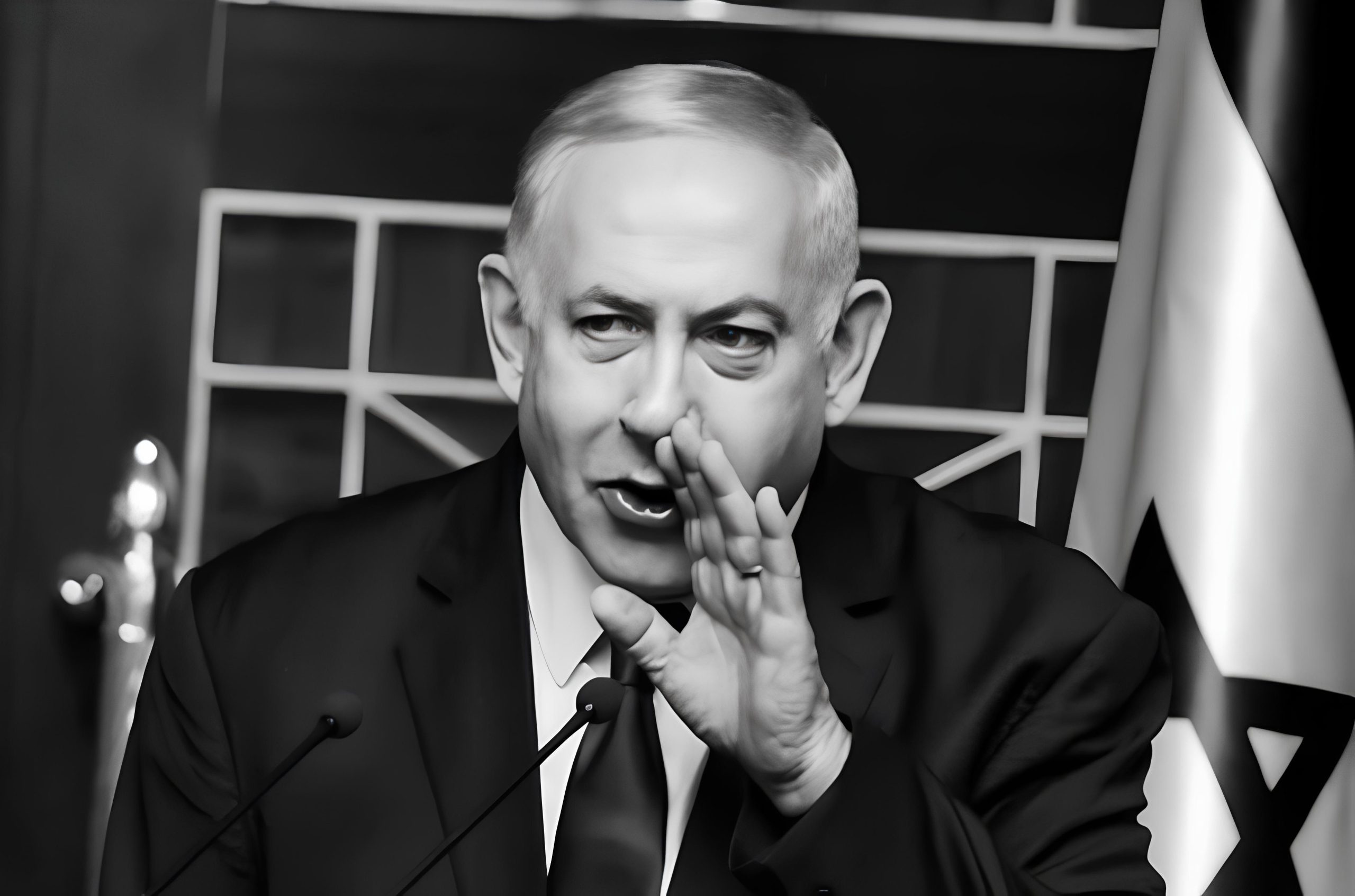
Netanyahu’s actions, tied to religious justification, draw criticism for human rights violations. Balancing peace requires reconsideration of disproportionate force.
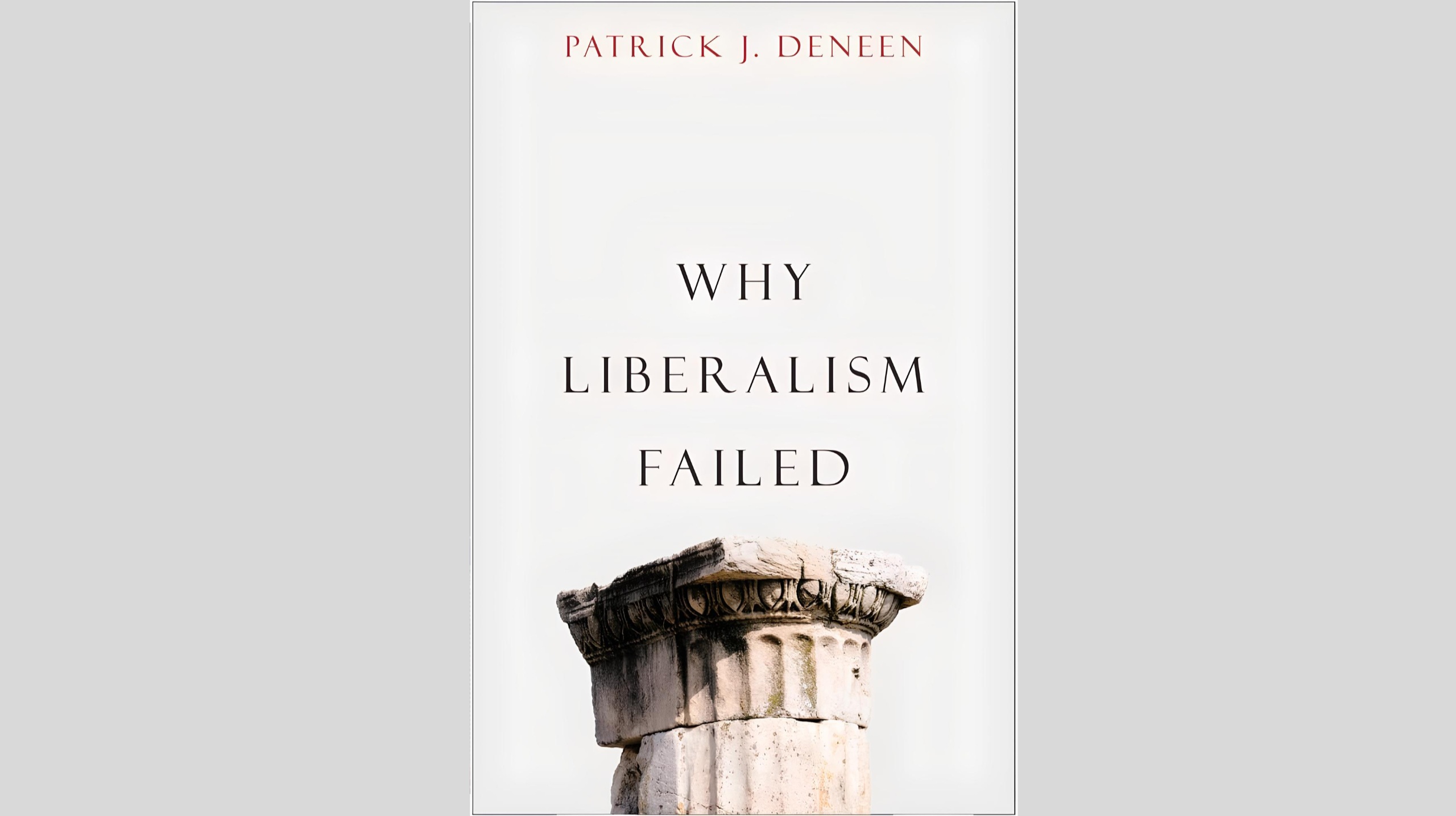
A better system will not automatically ensure a better life. In fact, the opposite is true: only by creating a better life can a better system be developed.

In Suwayda, Syria, massive peaceful protests demand Assad’s ouster, echoing a new wave of calls for dignity, freedom, and political change across the region.
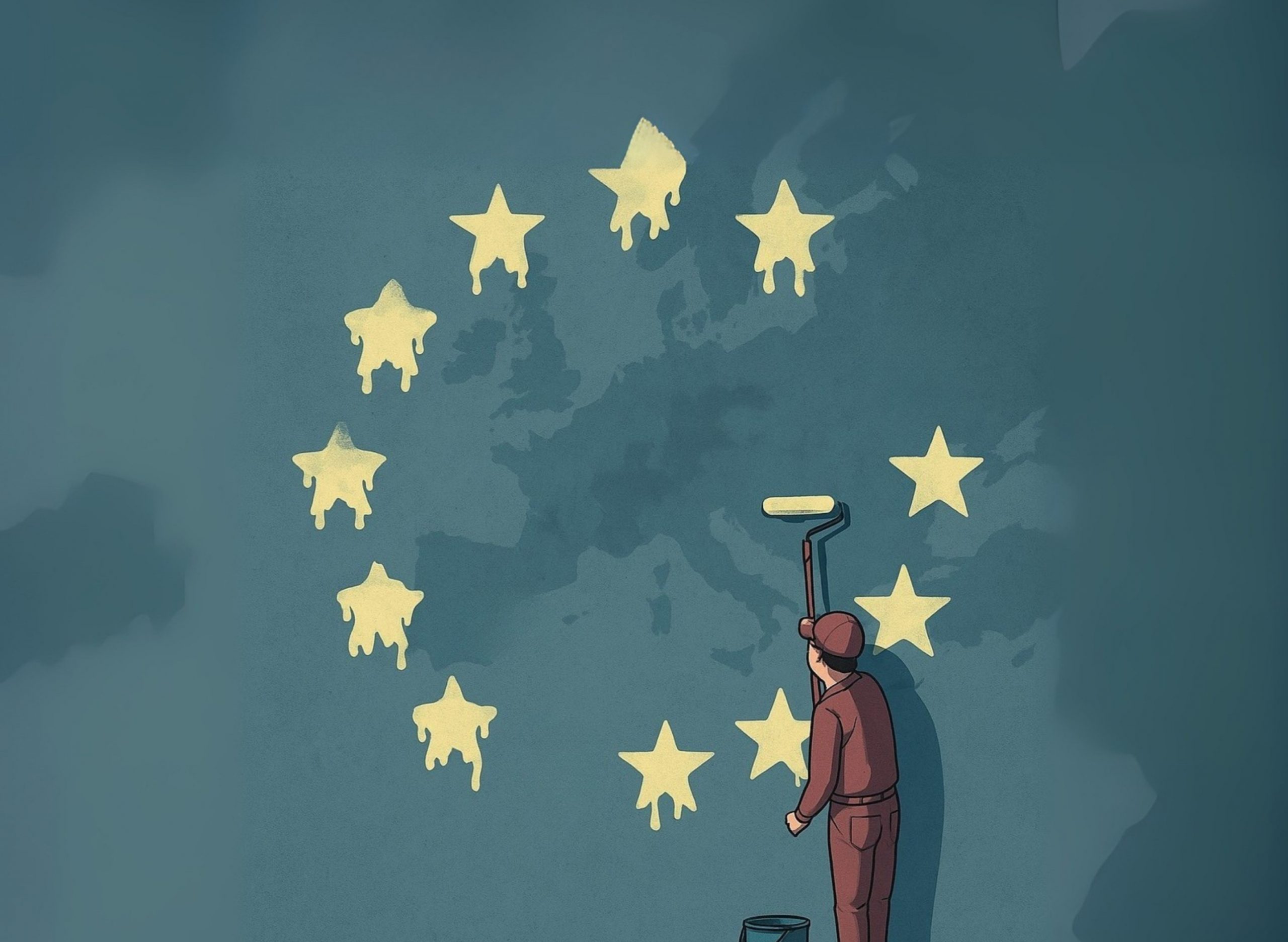
Written By: BATUHAN GUNES
Written By: KRISTIN HYNES
Written By: ERIC SONG
Written By: ALEXANDER BERGH
Written By: KATE-REID SMITH
Written By: JOSEF SCHOEFL
Written By: PATRIC MCFARLAND
Written By: FATIH CEYLAN
FA’s flagship evening newsletter guilding you through the most important world streis ofthe day. Delivered weekdays.